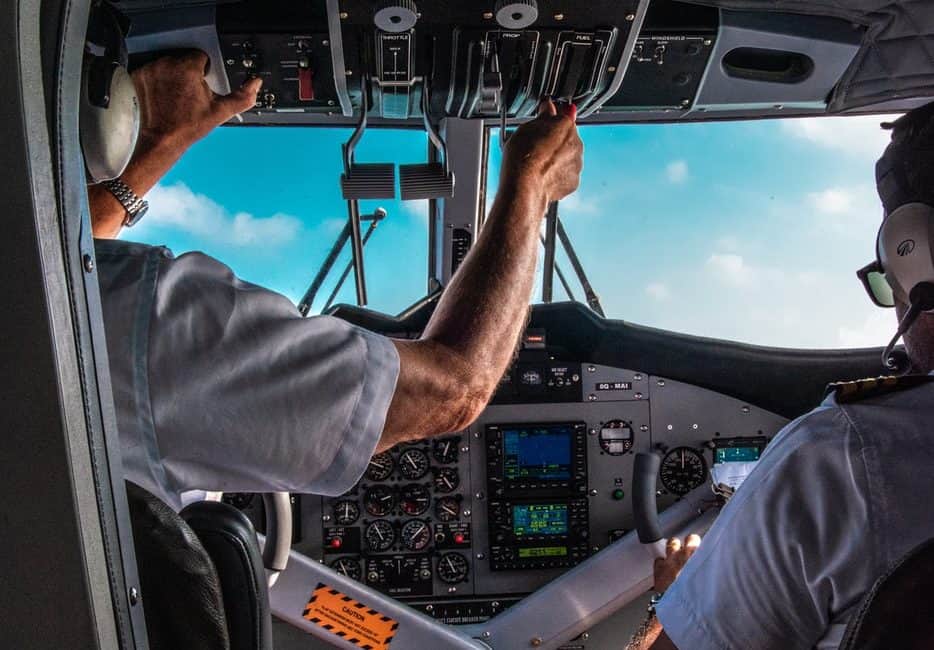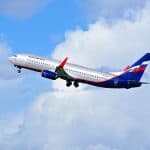Photo Credit: Rayyu Maldives
The International Air Transport Association (IATA) has released an updated global passenger forecast which shows that the recovery in traffic has been slower than had been expected.
A statement by the IATA states that in the base case scenario, the global passenger traffic (measured in revenue passenger kilometers or RPKs) will not return to pre-covid-19 levels until 2024, which is a year later than previously projected. Furthermore, it states that the recovery in short-haul travel is still expected to happen faster than for long haul travel, resulting passenger numbers to recover faster than traffic measured in RPKs. Recovery to pre-COVID-19 levels, however, will also slide by a year from 2022 to 2023.
For 2020, global passenger numbers (enplanements) are expected to decline by 55% compared to 2019, worsened from the April forecast of 46%.
Traffic, measures in RPK, fell 86.5% compared to the year-ago period, which is only slightly improved from a 91.0% contraction in May. This was driven by rising demand in domestic markets, particularly China.
The more pessimistic recovery outlook is based on a number of recent trends;
- Slow virus containment in the US and developing economies: Although developed economies outside of the US have been largely successful in containing the spread of the virus, renewed outbreaks have occurred and there is little sign of virus containment in many important emerging economies, which in combination with the US, represent around 40% of global air travel markets. Their continued closure, particularly to international travel, is a significant drag on the recovery.
- Reduced corporate travel: Corporate travel budgets are expected to be very constrained as companies continue to be under financial pressure even as the economy improves. In addition, while historically GDP growth and air travel have been highly correlated, surveys suggest this link has weakened, particularly with regard to business travel, as video conferencing appears to have made significant inroads as a substitute for in-person meetings.]
- Weak consumer confidence: While pent-up demand exists for VFR (visiting friends and relatives) and leisure travel, consumer confidence is weak in the face of concerns over job security and rising unemployment, as well as risks of catching COVID-19. Some 55% of respondents to IATA’s June passenger survey do not plan to travel in 2020.
Owing to these factors, IATA’s revised baseline forecast is for global enplanements to fall 55% in 2020 compared to 2019 (the April forecast was for a 46% decline). Passenger numbers are expected to rise 62% in 2021 of the depressed 2020 base, but still will be down almost 30% compared to 2019.
Alexandre de Juniac, IATA’s Director General and CEO said. “Passenger traffic hit bottom in April, but the strength of the upturn has been very weak. What improvement we have seen has been domestic flying. International markets remain largely closed. Consumer confidence is depressed and not helped by the UK’s weekend decision to impose a blanket quarantine on all travelers returning from Spain. And in many parts of the world infections are still rising. All of this points to a longer recovery period and more pain for the industry and the global economy,”




